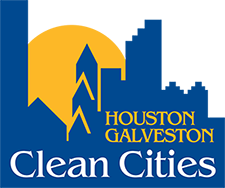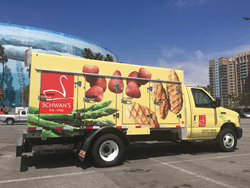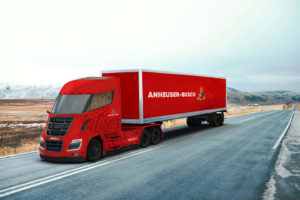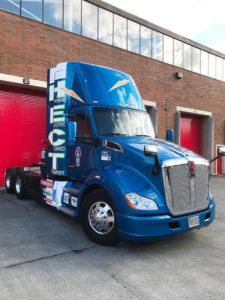 The Texas Commission on Environmental Quality (TCEQ) Texas Emissions Reduction Plan (TERP) will host a two-part webinar series to introduce prospective applicants to the new grant estimator and updated application forms. Details for each webinar are provided below.
The Texas Commission on Environmental Quality (TCEQ) Texas Emissions Reduction Plan (TERP) will host a two-part webinar series to introduce prospective applicants to the new grant estimator and updated application forms. Details for each webinar are provided below.
- TERP Talk: Completing the ERIG Grant Estimator. This webinar will walk participants through the ERIG Grant Estimator for Non-Road and On-Road activities. The webinar is scheduled for Wednesday, May 30th at 2:30 p.m. (CST).
- TERP Talk: Completing the ERIG Replacement Application. This webinar will walk participants through the ERIG Replacement Project Application (TCEQ-10430B). The webinar is scheduled for Wednesday, June 6th at 2:30 p.m. (CST).
If you are interested in tuning into this webinar series, please RSVP to terp@tceq.texas.gov by Tuesday, May 29th to receive sign-in instructions.
To find out more about the ERIG program, please visit the ERIG webpage at www.terpgrants.org or call TERP staff at 1-800-919-8377.

 Schwan’s Home Service Inc., a nationwide food delivery company, is
Schwan’s Home Service Inc., a nationwide food delivery company, is  Anheuser-Busch has
Anheuser-Busch has  The U.S. Department of Energy (DOE) has
The U.S. Department of Energy (DOE) has  Kenworth has debuted its new T680 tractor equipped with a parallel hybrid-electric propulsion system.
Kenworth has debuted its new T680 tractor equipped with a parallel hybrid-electric propulsion system.